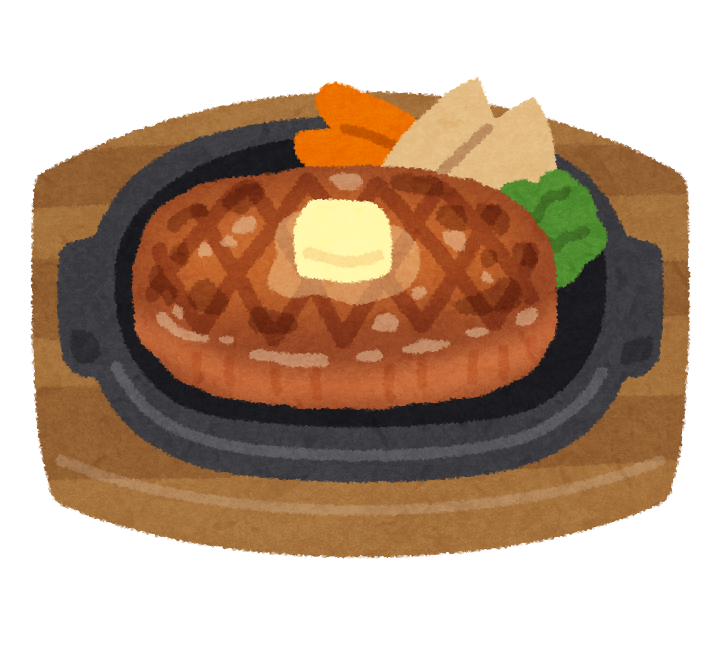Work Environment
Bangladesh is one of the biggest apparel exporters in the world. There are thousands of apparel factories with over three million workers in the country. It is said that apparel companies from different countries import clothing from Bangladesh because of its low price.
In 2012, an eight-story factory was burned down in a fire accident. The exits were blocked by their materials and products, and so more than 100 employees could not get out and died in the incident. After that, the working environment in the factory was reconsidered and improved by the management. Having a good work environment is important as it affects the safety and productivity of employees.






 GOOD
GOOD 







 I buy ____ donuts.
I buy ____ donuts. I buy ____ bottles of milk.
I buy ____ bottles of milk.